
Music has the power to unite, inspire, and spread joy. However, beneath the catchy melodies and infectious beats, some songs carry an unsettling undertone and coded lyrics that perpetuate harmful stereotypes and racial biases. Get ready to explore 15 popular tunes that might make you rethink the message behind the music.
“Baby Got Back” by Sir Mix-a-Lot: Celebrating Curves or Objectifying Women

This 90s hit might have seemed like a harmless ode to voluptuous figures, but its overtly sexualized lyrics and music video reinforced racial stereotypes about Black women’s bodies. Did we miss the underlying problematic undertones amidst the catchy beat?
“Smells Like Teen Spirit” by Nirvana: Grungy Rebellion Masks Consumerism Critique
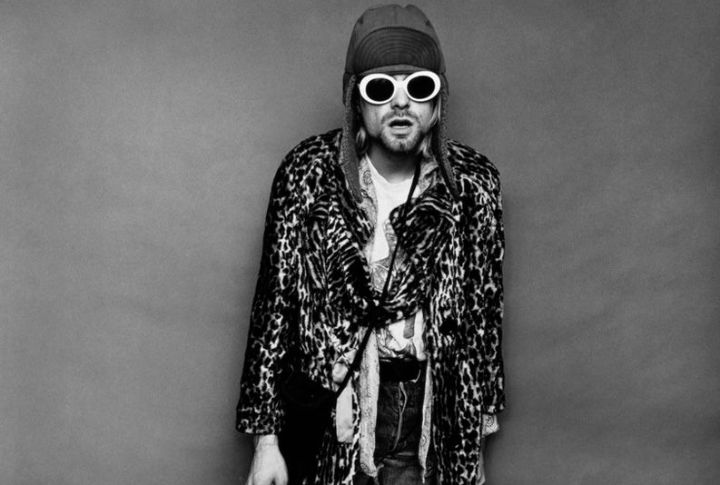
Beneath the grungy exterior, this iconic grunge track subtly criticized the rampant consumerism and class divide plaguing America’s youth. Listeners were too captivated by the angsty vibes to grasp the underlying message about societal inequality.
“Indian Outlaw” by Tim McGraw: Cultural Insensitivity

It faced backlash from Native American groups. Lyrics such as “You can find me in my wigwam/I’ll be beatin’ on my tom-tom” were seen as perpetuating stereotypes and reducing Native American culture to simplistic, inaccurate portrayals. Despite protests, McGraw refused to stop performing the song.
“Rock and Roll Part 2” by Gary Glitter: Ignoring Racism and Misogyny
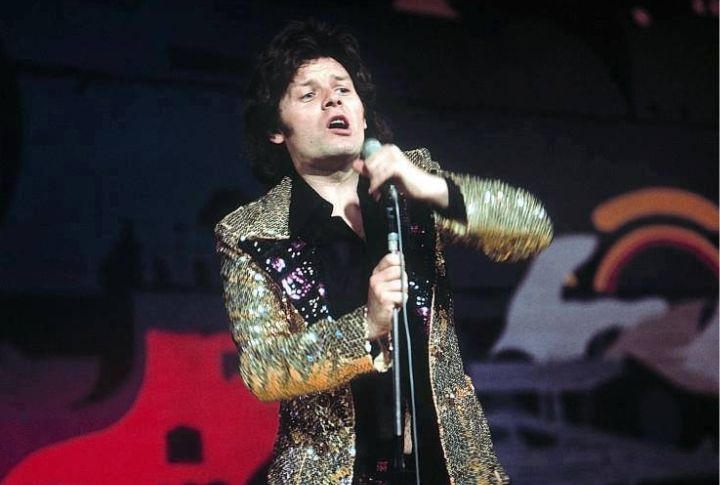
This song gained popularity despite raising concerns over lyrics that could be interpreted as racist. The repeated “hey” chants drawing inspiration from Native American cultural elements highlight the music industry’s insensitivity towards cultural appropriation at the time.
“Macarena” by Los Del Río: Latin Cultural Commodification Disguised as Dance Craze
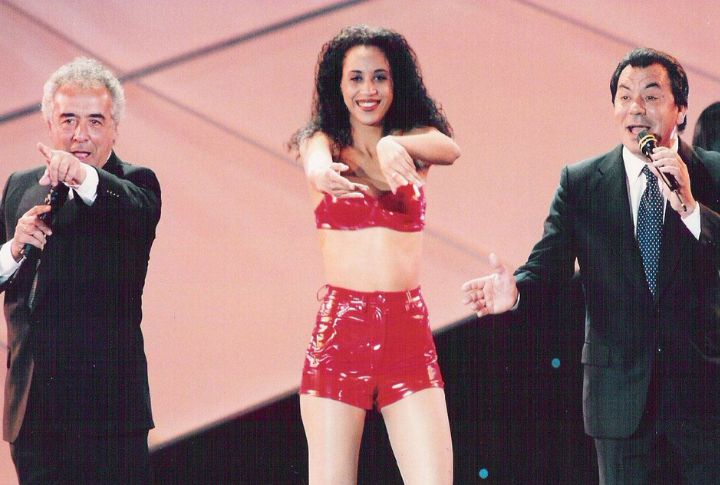
As a worldwide dance phenomenon, the “Macarena” faced criticism for appropriating and commodifying Latin culture for mainstream consumption. Despite its catchy rhythm that kept people grooving, some argued that cultural sensitivity was sacrificed for commercial appeal.
“The Night They Drove Old Dixie Down” by Joan Baez: Romanticizing the Confederacy
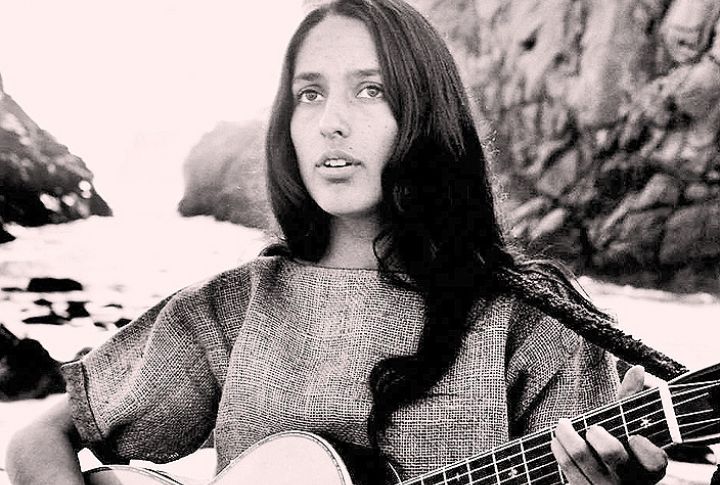
Joan Baez’s cover of this song romanticizes the Confederate South. A nostalgic view of the Civil War and the suffering of Southerners ignores the brutality of slavery, making it a controversial piece in her discography.
“Kung Fu Fighting” by Carl Douglas: Racial Stereotyping
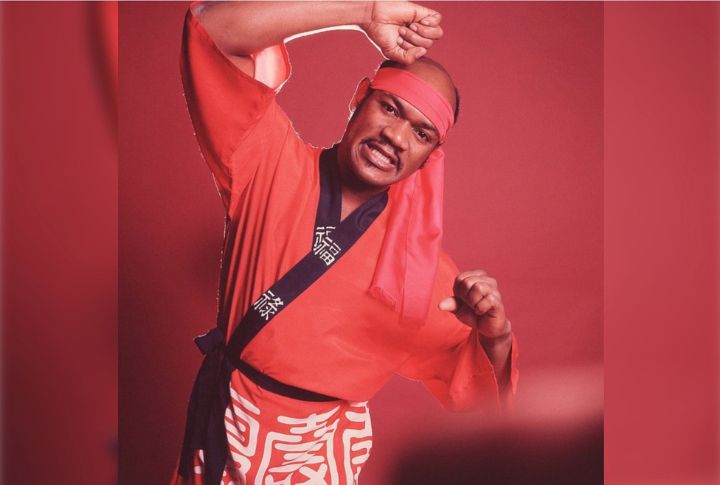
Carl Douglas’s hit “Kung Fu Fighting” is often seen as perpetuating racial preconceptions about Asians. The song’s portrayal of martial arts and Chinese culture through a cartoonish and exaggerated lens contributes to a history of Western exoticism and racial caricature.
“Turning Japanese” by The Vapors: Orientalist Tropes
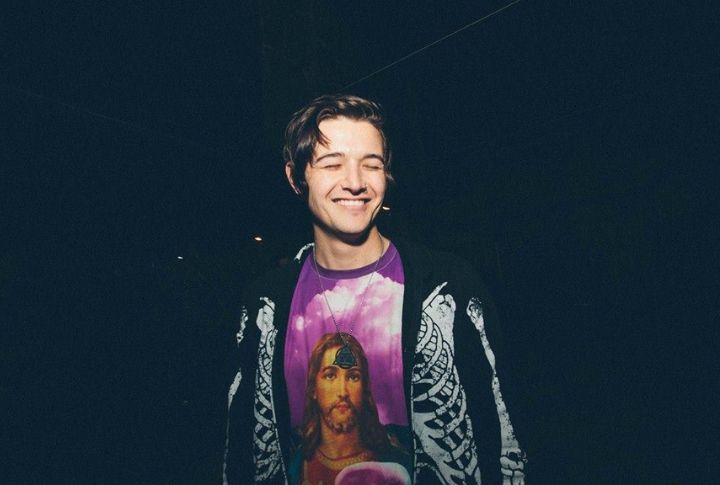
It is often criticized for its use of Orientalist tropes. The song’s title and lyrics reduce Japanese culture to simplistic archetypes, contributing to a long history of Western misrepresentation and appropriation of Asian identities.
“One in a Million” by Guns N’ Roses: Explicitly Offensive
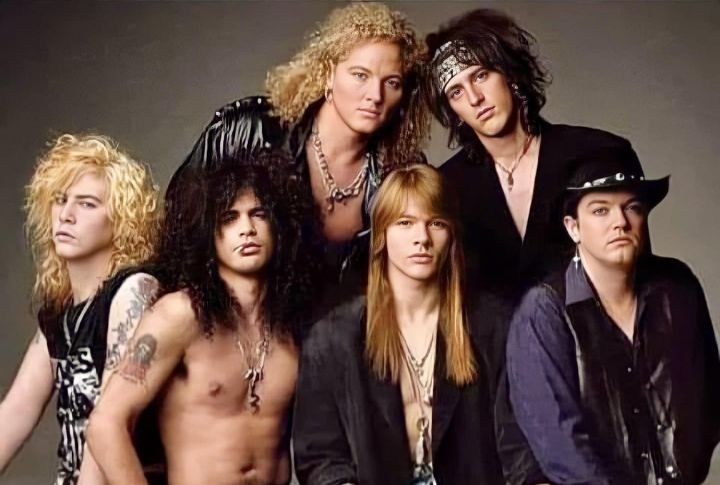
Shocking listeners with its blatant use of racial and homophobic slurs when released in the late 80s, this Guns N’ Roses song sparked significant backlash. Backlash arose due to the song’s offensive lyrics, which highlighted the casual racism and prejudice prevalent in parts of the music industry at the time.
“Walk Like an Egyptian” by The Bangles: Cultural Caricature
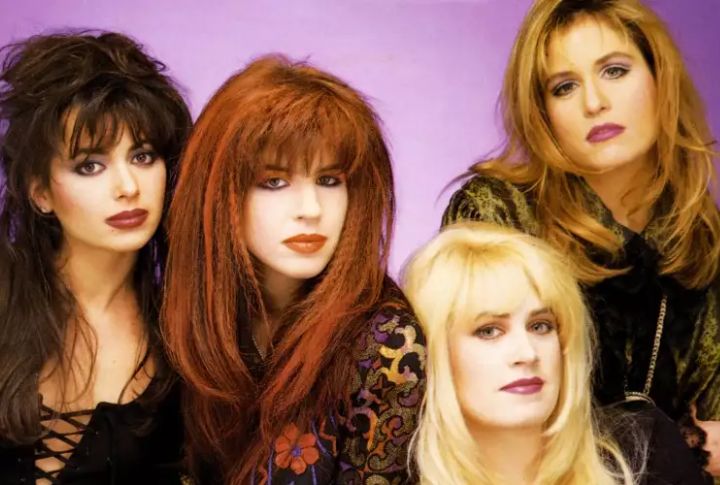
An 80s hit by The Bangles, the song faced scrutiny for its simplistic and typical depiction of Egyptian culture. Lyrics and an accompanying dance move perpetuated exoticized, caricatured images of Middle Eastern people.

Comments
Loading…